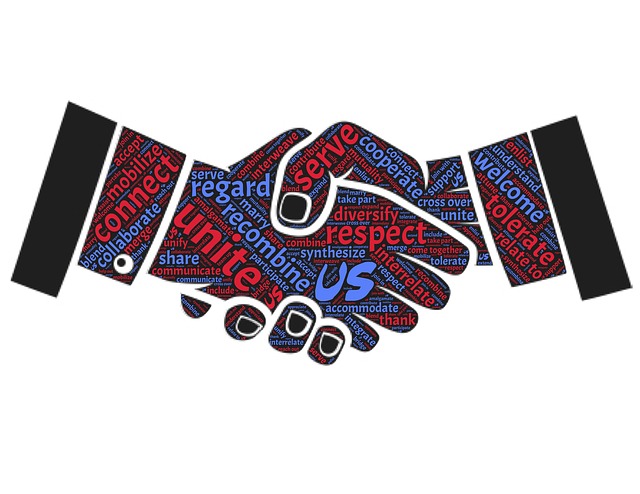Emotional pain is all around us. Loneliness, and anxiety is experienced by all. Loneliness’s cousin, boredom appears whenever there is the slightest lapse of time without entertainment. I have been meeting with clients face-to-face for many years now. Just recently it became clear to me how this affects all of us and how our attempt to regulate this feeling is backfiring in a very serious way.
So many of us will do anything to avoid the feeling of loneliness. We are constantly bored and, after about 20 seconds of inactivity, we have to look at our phones, eat something, drink something, smoke something, watch something, buy something, or chew something. We have trained ourselves to be anxious if we do not have constant affirmation or constant visual distraction.
Like any invention, the marvelous electronics ones can be misused, and the ubiquitous ones are misused in a powerful and disturbing way. Some of us are very nervous and uncomfortable without a screen. We have television, movie screens and computer screens. It is cell phone that is misused so often since it is in everyone’s hand much of the time.
Think I am exaggerating? Did you ever see a group of young people walking down the street on a beautiful day—all staring down at their phones? They would rather text about what they are than actually enjoy the experience themselves. Have you seen a couple in a restaurant both texting endlessly instead of enjoying a conversation with the person who is actually present at the same time and place as they are? Am I the only one bothered by this?
There is always that screen to give us that little boost we need. But it appears to me that we need the boost more and more. If we forgot our phone and left it at our house, we will drive back—not matter how much time it takes. The thought of living a full day without our little screen is unthinkable. People look at a screen most of the time not because they are being productive; they need a dose of fake attention and fake entertainment.
Young people who are growing up with the ever-present screen do not know how to regulate their emotions without a screen. We are actually training them to be even more lonely, more anxious, and more disconnected. They would rather focus on the screen than communicate face-to-face with anyone about anything. The basic art of being calm and content without constant visual stimulation has been lost. The art of conversation and storytelling is very rarely experienced and cannot compete with the electronic gadget which is perfectly developed to dominate our attention and therefor our lives.
I suggest you set aside times for conversation and times dedicated to phone-free and other screen-free experiences. Simply turn your phone off or charge it in a different room than you sleep in and a different room that you enjoy others in. Maybe you can rediscover how nice it is to be heard and to listen carefully, without reacting to the electronic ringtone that interrupts demanding we stop enjoying each other in that beautiful, natural way. People have talked to each other face-to-face for a long time. Even our ears are perfectly designed and tuned for this very activity. Try it sometime. Yes, it is not as trivial, shallow, demanding, and rude as you are used to, but I bet you’ll like it. For my clients who have decided to disconnect from the electronic culture and reconnect to human beings, every single one of them have thanked me.

